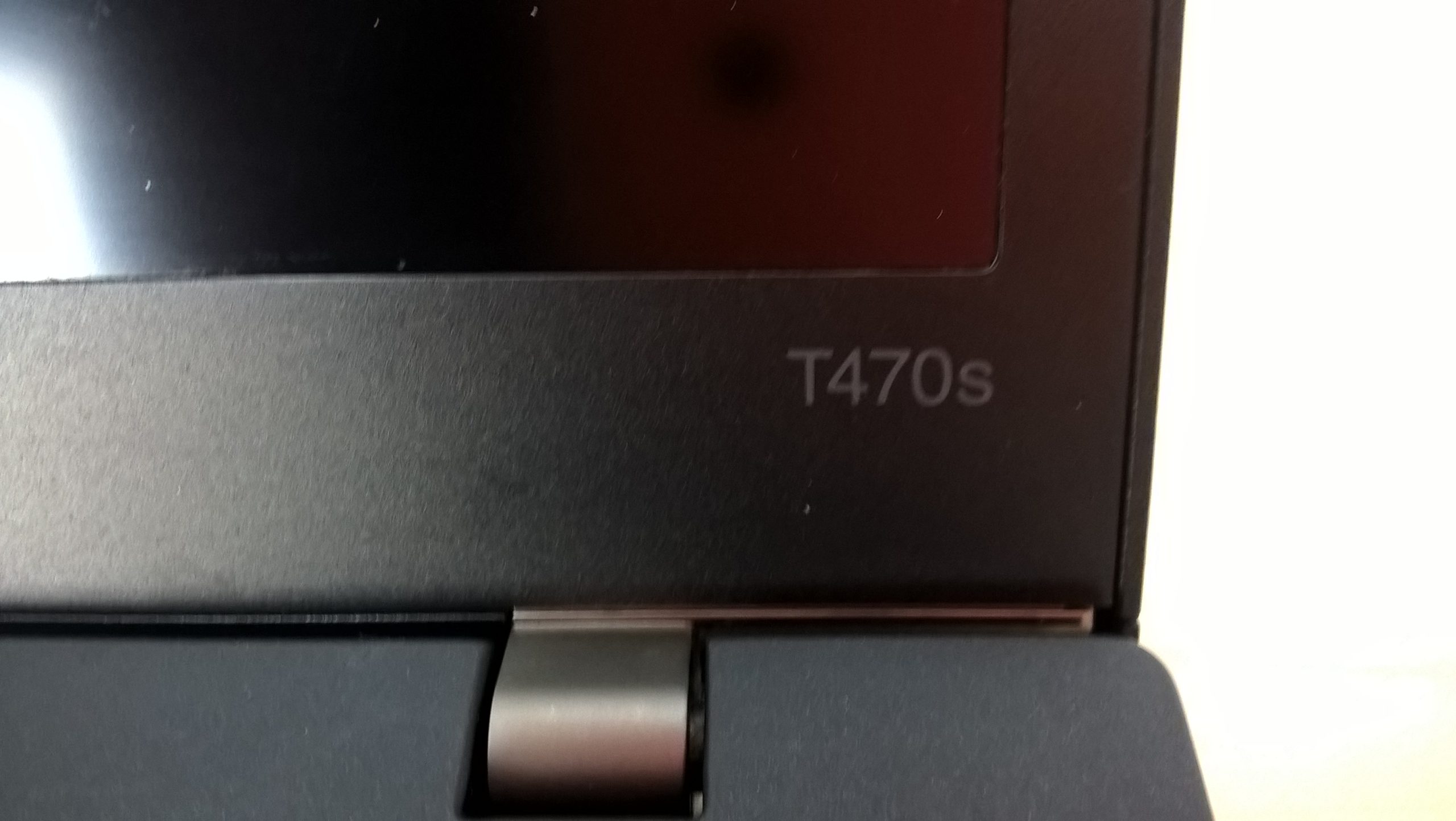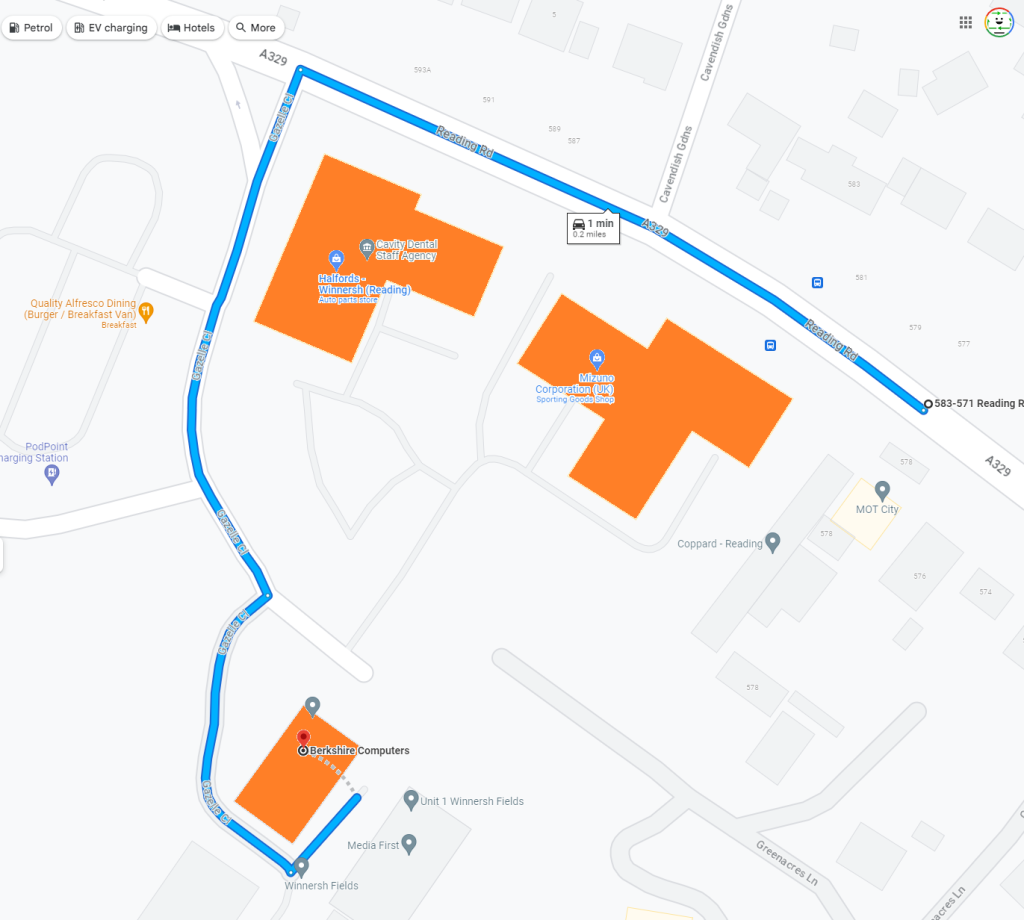Understanding the Risks: What a .har File Could Expose to Scammers
In today’s world, cyber threats are an ever-present concern, and sometimes even the most cautious individuals can find themselves inadvertently compromising their own security. A recent experience has shed light on the potential dangers of sharing files that may seem benign at first glance. Let’s explore what happened and the implications of sharing a .har file with a malicious individual.
My Encounter with a Scammer
Recently, I made the regrettable decision to share a .har file with someone who turned out to be a scammer. The request seemed harmless at the time; I was guided by the individual to open my browser’s inspect element, navigate to the network tab, refresh the page, and save the data as a .har file. Unfortunately, I didn’t fully grasp the potential risks involved in this action.
After sending the .har file, I noticed that the person attempted to access one of my accounts. Thankfully, my two-factor authentication (2FA) prevented any unauthorized access. Nevertheless, I’m left pondering what other information they may have gleaned from the file and whether they could access anything else beyond the account I had open.
What is a .har File?
Before diving into the potential risks, it’s essential to understand what a .har file is. Short for “HTTP Archive,” a .har file captures the data exchanged between your web browser and the server when you visit a website. This can include various types of information such as cookies, session tokens, and sensitive data passed during the web session. Consequently, when I shared my .har file, I may have unintentionally provided the scammer with critical access points into my online accounts.
The Potential Risks
Given the content of a .har file, which can contain sensitive information, the questions arising are quite serious. At a minimum, the scammer could have potentially accessed:
-
Session Cookies: These can allow malicious actors to impersonate you on websites where you are currently logged in. If they can hijack your session, they can bypass 2FA if implemented.
-
Personal Data: Depending on what was loaded in your browser during the capture, they might gain access to personal information you entered but did not save.
-
URLs of Open Tabs: While they likely only attempted to access the account I had open, they could still use knowledge of other active sessions to launch phishing attempts or further scams.
Share this content:



